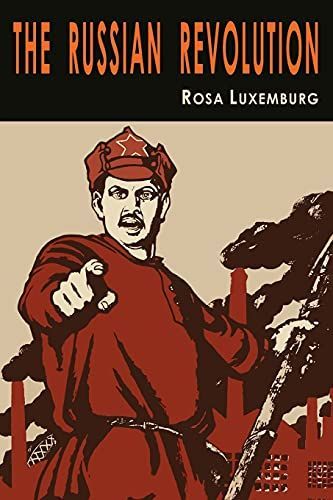
The Russian Revolution
2021 Reprint of the 1940 Edition. Translated by Bertram D. Wolfe. Facsimile of the original edition and not reproduced with Optical Recognition Software. In this short work the author criticizes the Bolsheviks and presents a prescient warning of their dictatorship. Nonetheless, she continued to call for a "dictatorship of the proletariat", albeit not of the one-party Bolshevik model. In that context, she wrote the words "Freiheit ist immer die Freiheit des Andersdenkenden" ("Freedom is always the freedom of the one who thinks differently") and continues in the same chapter: "The public life of countries with limited freedom is so poverty-stricken, so miserable, so rigid, so unfruitful, precisely because, through the exclusion of democracy, it cuts off the living sources of all spiritual riches and progress". Bolshevik theorists such as Vladimir Lenin and Leon Trotsky responded to this criticism by arguing that Luxemburg's notions were classical Marxist ones, but they could not be applied to Russia of 1917. They stated that the lessons of actual experience such as the confrontation with the bourgeois parties had forced them to revise the Marxian strategy.